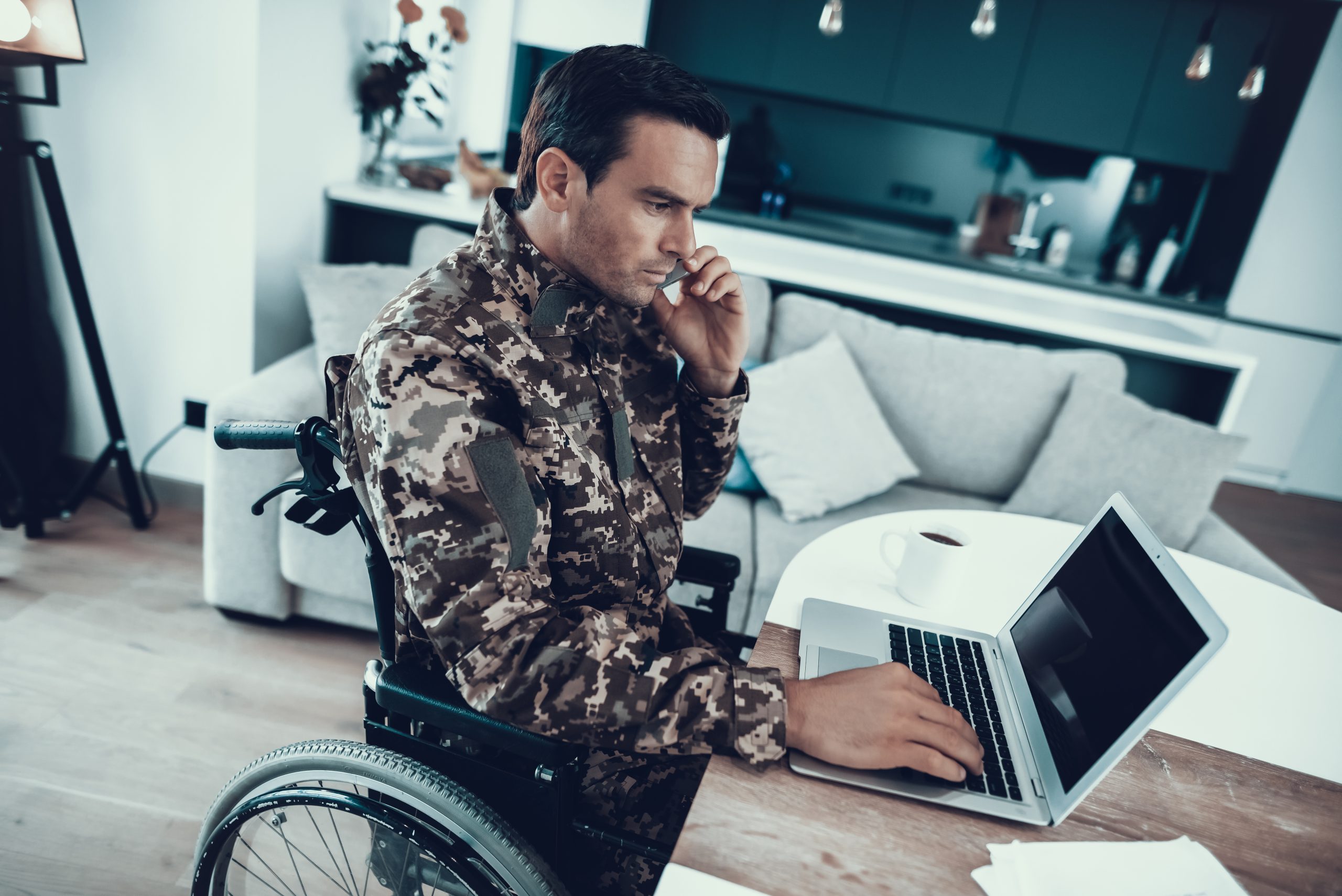Communication Strategies for Effective Policing
Twenty-first century law enforcement organizations are facing external and internal criticisms concerning excessive use of force, workplace culture, diversity and inclusion. Confidence in police can deteriorate quickly after negative events take place. While public safety issues, in times past, referred to crime, social disorder and the fear of crime, the current cultural climate has led to concerns regarding police conduct and implicit bias.
Questionable interactions and publicized shootings by law enforcement officers have generated a pervasive tension and lack of trust between law enforcement and minority communities as well as an outcry for reform and training. The effectiveness of a law enforcement department’s interactions with the community is mediated by both its internal and external communication strategies and perspectives. Community policing refers to the communication strategies which support partnerships and proactive problem-solving techniques to address public safety issues effectively.
In this training, participants will:

